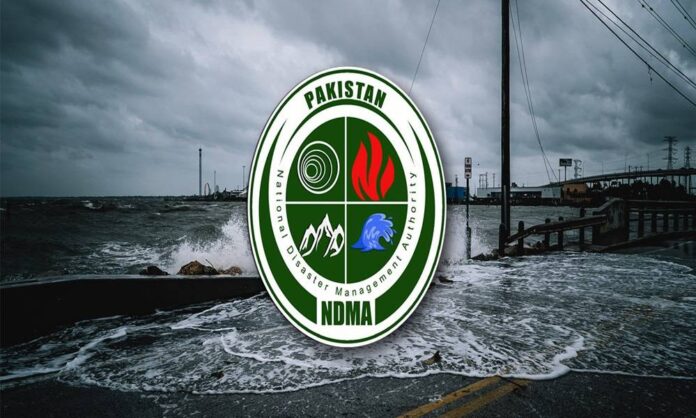The Public Accounts Committee (PAC) on Tuesday questioned the National Disaster Management Authority (NDMA) over its role, funding, and coordination with other agencies, asking whether its function is limited to recovering bodies after disasters.
As per reports, the meeting, chaired by Juniad Akbar Khan, included NDMA Chairman Lt Gen Inam Haider, who faced scrutiny over overlapping responsibilities with the Pakistan Meteorological Department (PMD) and provincial disaster management authorities (PDMAs).
PAC members asked what the NDMA does in flood-affected areas where Rescue 1122 and district administrations are active, with one member asking if the authority’s main task is merely instructing how to lift bodies.
Chairman Khan pressed Haider on whether cloudbursts can be forecast, noting that recent victims were at home and not near rivers. Briefing the committee, Haider said monsoon rains were 22% more intense this year and cited glacier melt as a key factor in recent floods. He said Pakistan has 7,500 glaciers, 45% of which are rapidly melting, and warned that next year’s floods may be more severe. Monsoon rains have caused 800 deaths and 1,100 injuries so far, he added.
Haider noted Pakistan has faced seven monsoon spells this year, with the eighth expected from September 2-11, and projected next year’s rainfall could be 22% higher. He cautioned that a 2°C rise in global temperatures could eliminate 65% of Pakistan’s glaciers in 52 years, triggering severe drought and famine-like conditions. He recommended moving from ground-based monitoring to satellite-based remote sensing and suggested temporary bans on tourism during heavy monsoon periods.
The committee also discussed climate change financing. A Post-Damage Needs Assessment prepared after last year’s floods outlined $16 billion in recovery needs, with Pakistan planning to raise $8 billion domestically and seek $8 billion externally. Donors pledged $10.98 billion, including $8.9 billion in multilateral aid, $1.4 billion in bilateral aid, and $6.13 billion in project financing. The World Bank committed $2.19 billion, the Asian Development Bank $1.9 billion, and the Islamic Development Bank $3.6 billion.
PAC members observed that despite being among the countries most affected by climate change, Pakistan has struggled to effectively present its case internationally, contributing minimally to global emissions yet facing severe consequences.




